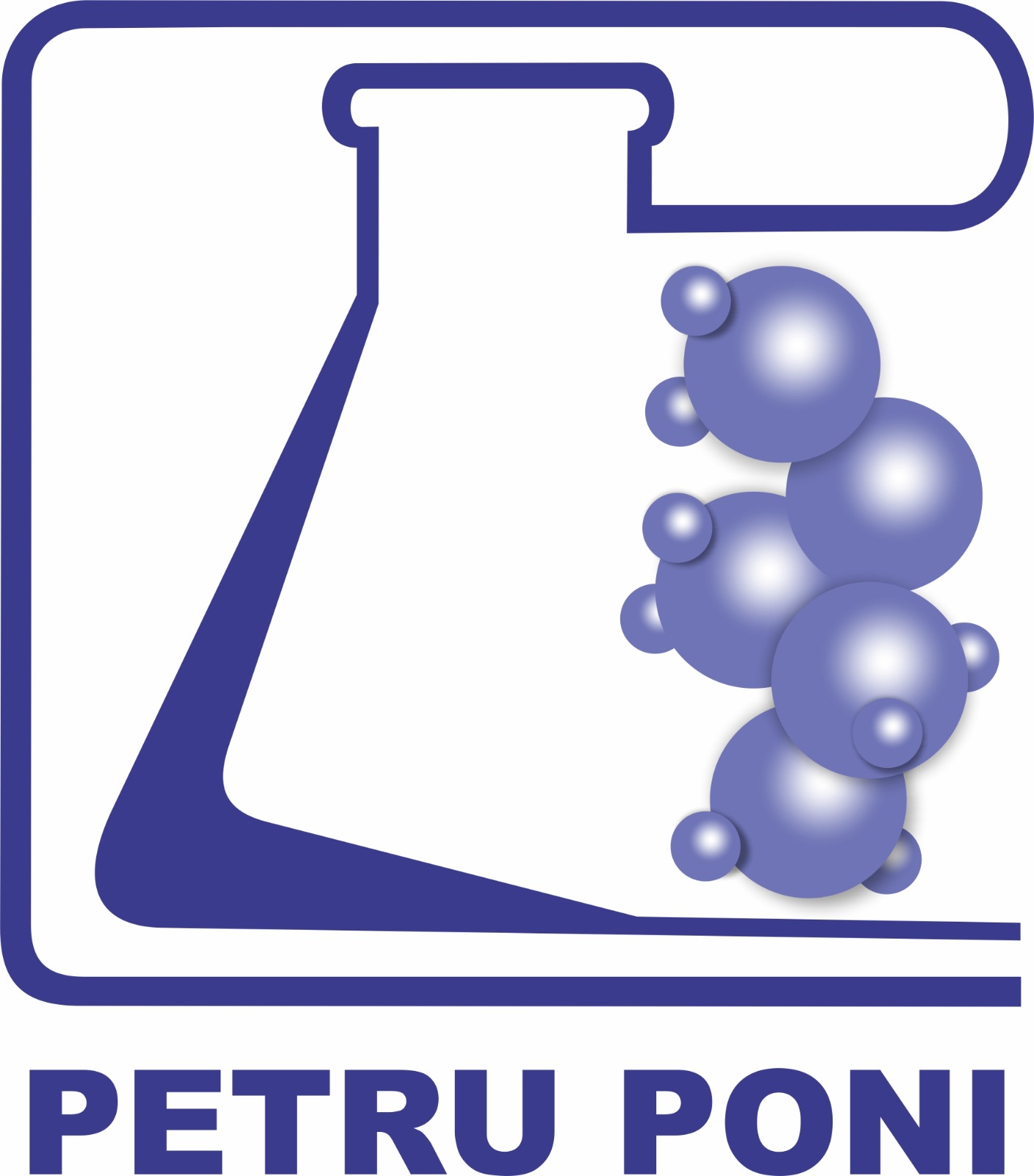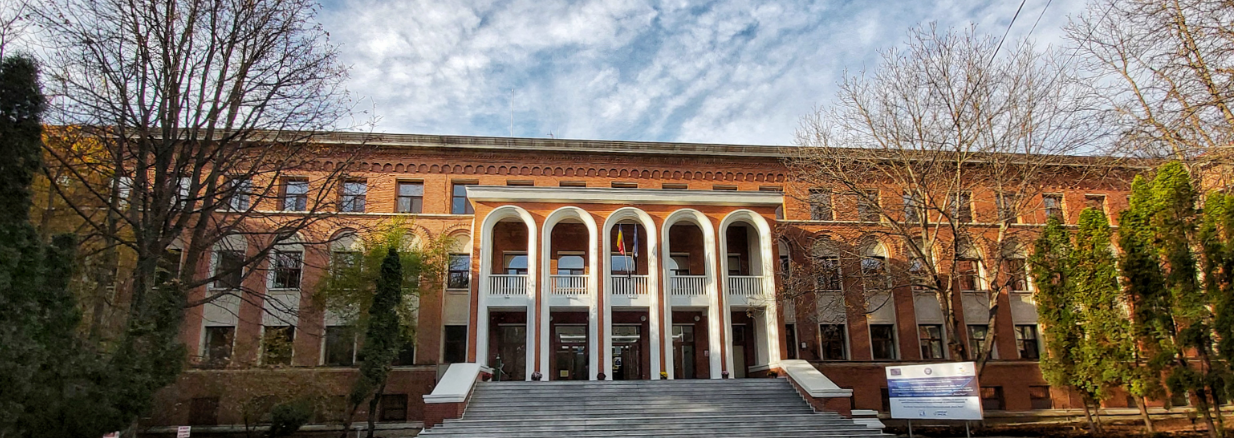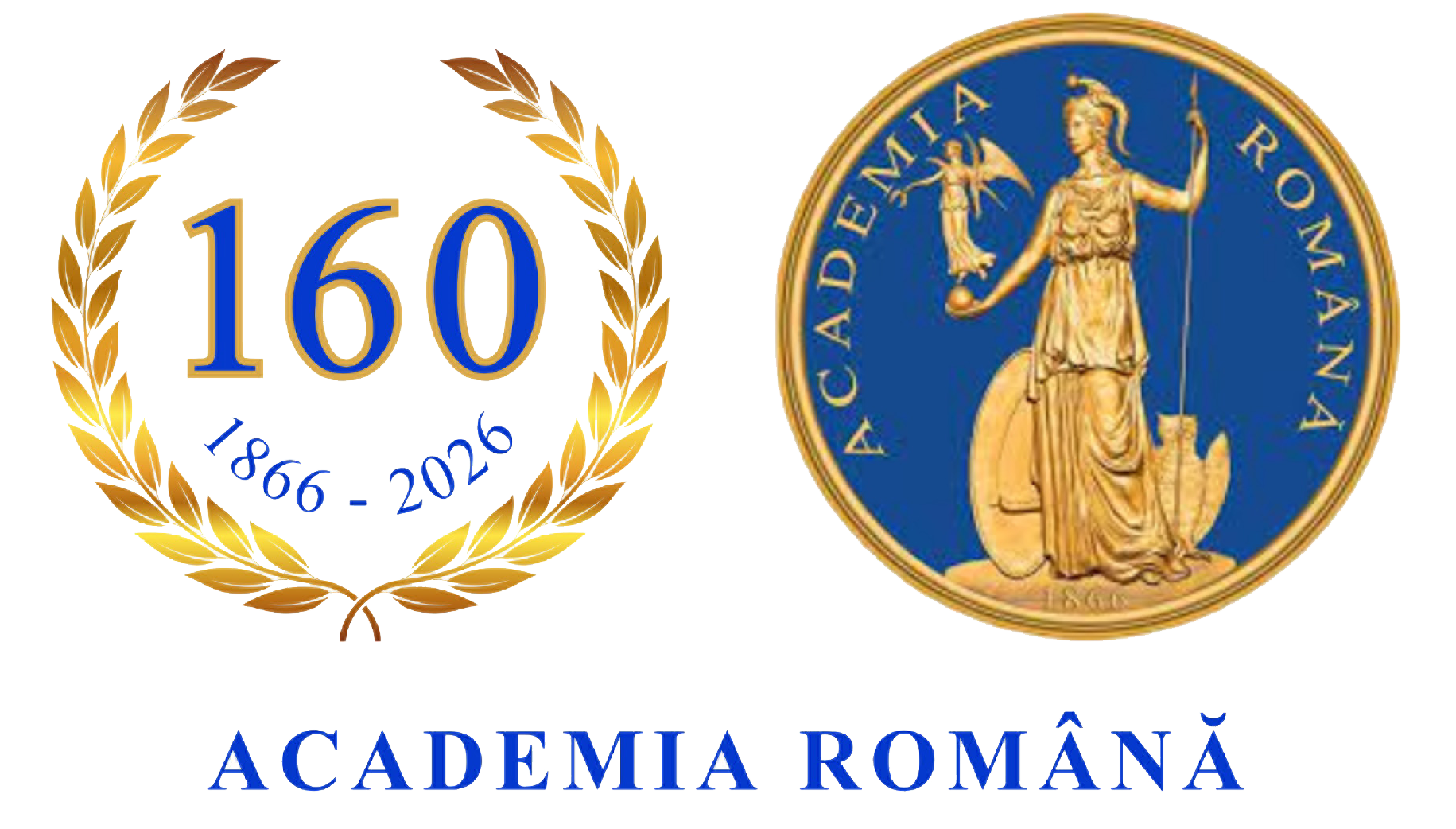Modular approach to nanoparticle synthesis processes coated with multifunctional polymers for nanomedical applications
ModNanoMPol
Project no. PN-III-P1-1.1-TE-2019-0922
Contract no. TE 108/2020
Project Leader: Dr. Sorin-Alexandru Ibănescu
Funding: Romanian Government
Program name in PN III: Program 1 - Development of the national system of Research and Development
Subprogram name: Subprogram 1.1 - Human Resources
Project type: Research projects to stimulate young independent teams
Total contract value: 431.900,00 RON
Government funding: 431.900,00 RON
Funding from other sources: 0,00 RON
Project duration: 24 months
The contracting authority: Executive Unit for Financing Higher Education, Research, Development and Innovation (UEFISCDI)
Contractor: “Petru Poni” Institute of Macromolecular Chemistry
Nanomedicine has the potential to enable early detection and prevention and to drastically improve diagnosis, treatment and follow-up of many diseases including cancer but not only. It will provide the right tools for personalized, targeted and regenerative medicine by delivering the next level of new drugs, treatments and implantable devices to clinicians and patients, for real breakthroughs in healthcare.
The main objective of the project is to prepare new materials as modular and versatile platforms based on inorganic core coated with multifunctional polymers, belonging to the 4th generation of nanocarriers, with potential application in molecular detection, imaging and drug delivery systems. Various systems could be realized based on the model platform developed within this project using libraries of nanoparticles, ligands and active principles. To prove the efficiency and the practicality of such system, magnetite will be used as core nanoparticle, taking advantage of its response to external factors (magnetic field) and its suitability for imagistic technique. The research will also benefit from the non-fouling proprieties from polymeric materials with PEG side-chains such as poly hydroxyethyl methacrylate (PHEMA) and poly(oligo(ethylene glycol) methacrylate (POEGAMA) and the high density of hydroxyl functional groups offered by the grafting from approach. Folic acid will be used as a ligand towards tumour cells as they present an excess of folate receptor. Two systems will be also generated where folic acid will be coupled to the polymer brush modified nanoparticles via pH-sensitive imine bonds or stable amide bonds.
All synthesized materials will be fully characterized regarding their physico-chemical properties and biocompatibility. Also, their ability to selectively bind to receptor cells will be verified.
| 





